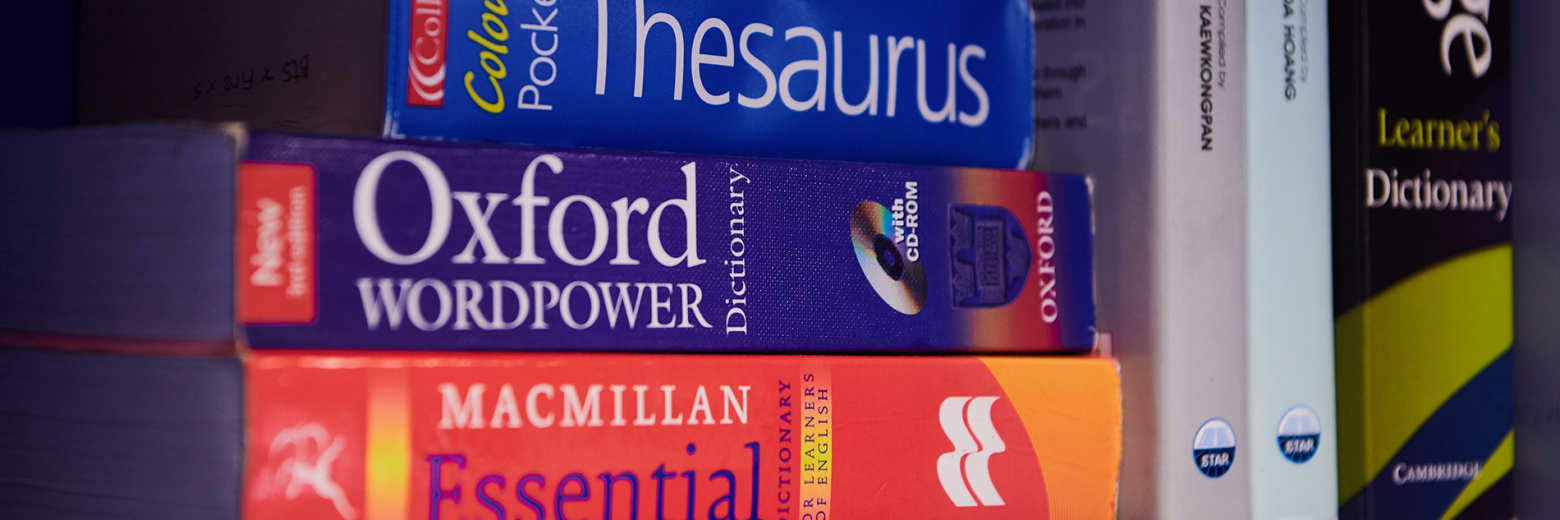ENGLISH LANGUAGE
During the course you will learn how to analyse a wide variety of written and spoken texts, including media texts, literary texts, and the spoken word.
WHAT IS ENGLISH LANGUAGE?
This is a linear qualification with assessment to be taken at the end of the course in June 2018. English Language retains the separate endorsement of spoken language, which will be internally assessed and externally moderated. The new specification has a particular focus on literary, media and unseen texts. This enables students to develop the ability to think independently and creatively and to engage with the richness of our language and literary heritage. They will also have the opportunity to experiment with their own writing, using different styles according to context, audience and purpose.
WHAT WILL I STUDY?
We will be studying Edexcel IGCSE English Language. The focus will be on improving your practical writing and reading skills so that you will be able to respond analytically to a variety of different texts.
For students on the one year programme, the whole of the qualification will be covered in the year, so the pace is brisk but enjoyable. The English department at DLD has an excellent record of improving students’ level of attainment in a one-year course.
WHY SHOULD I STUDY ENGLISH LANGUAGE?
GCSE English Language is a core subject, which helps you to develop your powers of self-expression and improve your reading and writing. It is a qualification essential for your future school and university studies but it is also a skill you will make use of later in all aspects of your life.
What subjects can it lead to at A Level
Doing well in English Language would provide the necessary writing skills for essay-based A-Level subjects such as English Literature, History, Government and Politics and Classical Civilisation. IGCSE English Language is a core subject; Grade 4 would be the minimum requirement for university entrance, depending on which subject is being applied for and what university. International students who have taken the IGCSE English Language in Year 11 then take the IELTs qualification in Year 12.
What careers can it lead to?
Being able to write fluently and coherently and being able to speak articulately and grammatically are core skills which will stand students in good stead both in their academic studies and then in their careers. If you want a career in the advertising and marketing industries, in journalism or broadcasting and in the law, then, mastery English in its written and spoken forms is essential.
HOW IS IT ASSESSED?
Paper 1: Non-fiction Texts and Transactional Writing
Exam: 60% of the total International GCSE
Coursework: Poetry and Prose Texts and Imaginative Writing
40% of the total International GCSE
Co Curricular Activities
English Language students are taken on cultural visits to enrich their understanding of the texts they are studying. For example, the Imperial War Museum is only a stone-throw away from the College. Students studying the poetry of the Great War so visiting the museum and seeing the permanent exhibition on display provides a very useful context to their understanding of the conflict. The English Department also enters students for external competitions run by the ISA for creative writing and hold an internal ones for poetry. Work produced by Year 11 students for English Language has been show-cased in the Humanities Review which appears three-times a year.


